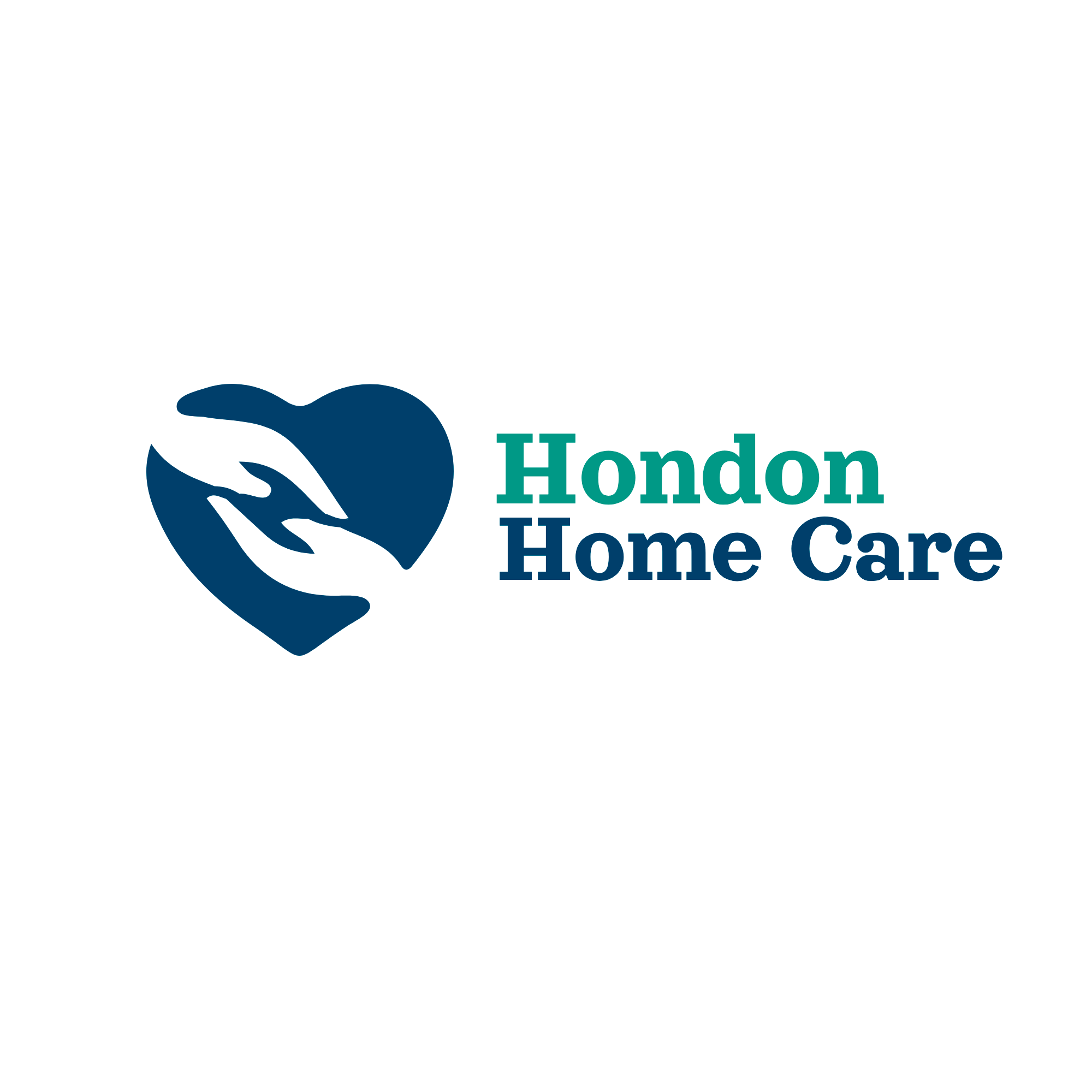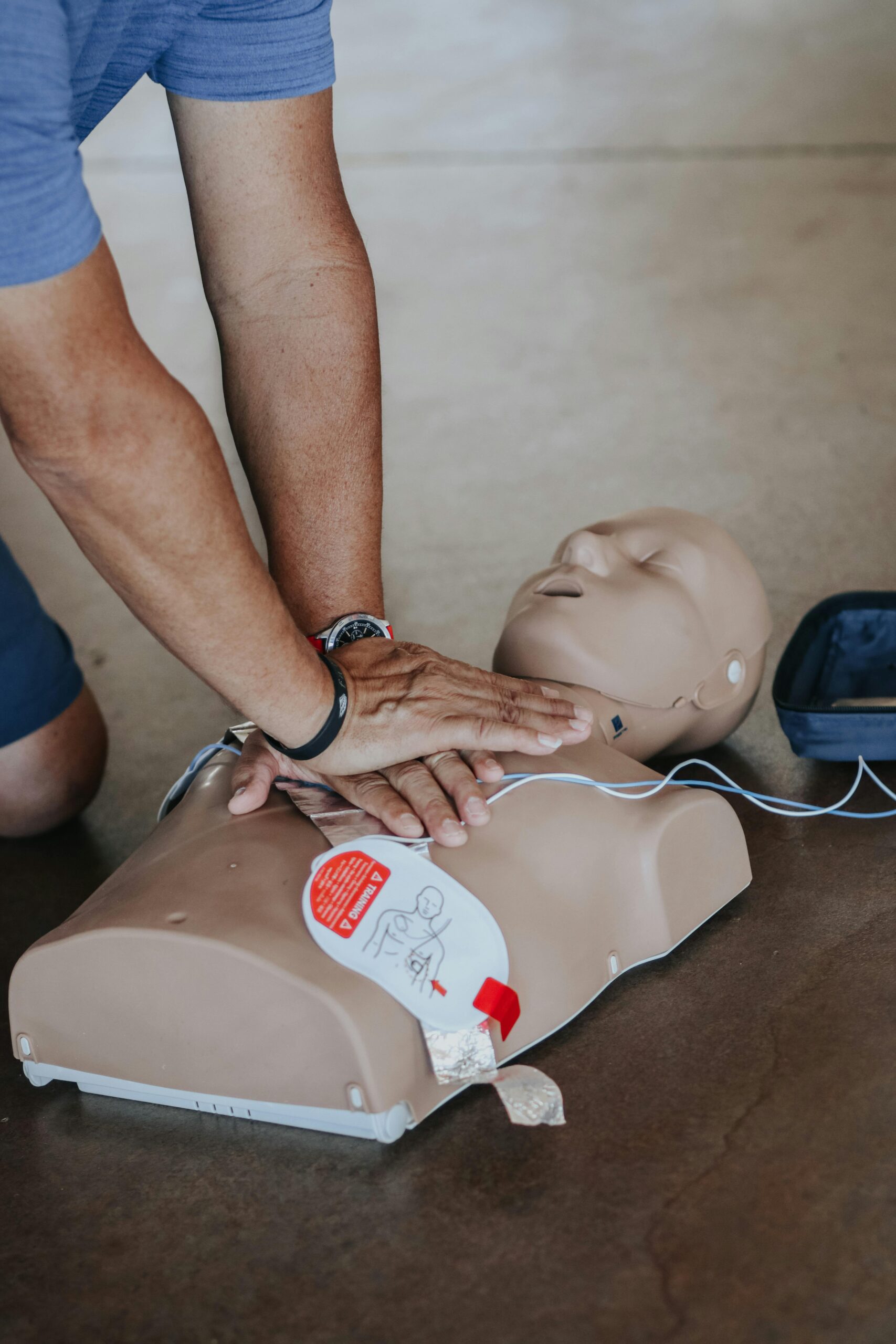Self-care for older adults is essential for maintaining a good quality of life, promoting independence, and preventing illness. As people age, it is important to adapt self-care routines to their physical, emotional, and social needs. Here are some key recommendations to encourage self-care in older adults:
- Physical Care
Healthy Eating:
Eat a balanced diet rich in fruits, vegetables, lean proteins, whole grains, and low-fat dairy products.
Maintain adequate hydration, as the sensation of thirst may decrease with age.
Avoid excess salt, sugar, and saturated fats.
Regular Exercise:
Engage in gentle physical activities such as walking, yoga, tai chi, or swimming, tailored to your abilities.
Strengthen muscles and bones to prevent falls and improve mobility.
Consult a doctor before starting any exercise routine.
Adequate Rest:
Get 7 to 8 hours of sleep daily.
Create a comfortable and peaceful sleeping environment.
Medical Monitoring:
Perform regular checkups to monitor blood pressure, glucose, cholesterol, and other health indicators.
Follow medical instructions and take prescribed medications appropriately.
Emotional and Mental Care
Keep your mind active:
Engage in activities that stimulate your brain, such as reading, solving crossword puzzles, playing chess, or learning something new.
Participate in workshops or courses for older adults.
Take care of your mental health:
Pay attention to signs of depression, anxiety, or social isolation.
Seek psychological support if necessary.
Practice relaxation techniques, such as meditation or deep breathing.
Promote social relationships:
Maintain contact with family, friends, and neighbors.
Participate in community activities or interest groups.
- Environmental Care
Adapt your home:
Remove obstacles that can cause falls, such as loose rugs or cords on the floor.
Install grab bars in bathrooms and hallways.
Ensure good lighting in all areas.
Stay organized:
Have a dedicated place for medications and important documents.
Use reminders or alarms to help you take medications on time.
- Autonomy and Independence
Encourage Decision-Making:
Allow older adults to participate in decisions about their care and daily routine.
Respect their independence whenever possible.
Use of Technology:
Teach them how to use mobile devices or apps to stay connected and access health services.
- Risk Prevention
Prevent Falls:
Wear appropriate footwear and avoid slippery surfaces.
Perform exercises to improve balance.
Protection Against Abuse:
Be alert for signs of physical, emotional, or financial abuse.
Seek help if you suspect a risky situation.
- Recreational Activities
Hobbies and pastimes:
Encourage activities they enjoy, such as painting, cooking, gardening, or crafts.
Participate in dance, music, or theater groups.
Trips and outings:
Plan short outings or trips tailored to their physical abilities.
Self-care for older adults depends not only on themselves but also on the support of family members, caregivers, and healthcare professionals. Promoting active and healthy aging is key to their overall well-being.




